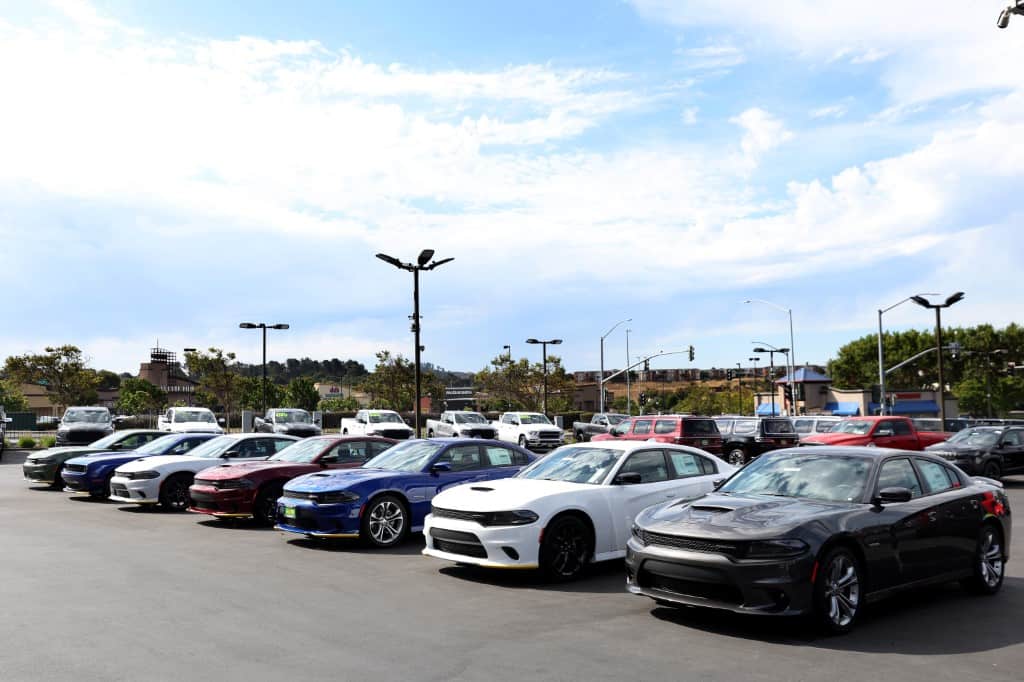Riyadh, Saudi Arabia — An overwhelming 80 percent of consumers across 16 diverse nations now identify climate change as the foremost global challenge, according to a study conducted by GSMA Intelligence in collaboration with Huawei.
The participating countries, including Saudi Arabia, Turkey, Egypt, South Africa, Argentina, Brazil, France, Germany, Indonesia, Italy, Japan, Pakistan, Philippines, South Korea, Spain, and the UK, collectively voiced a shared concern for the planet’s environmental future.
The research shed light on Saudi consumers’ exceptional commitment to sustainable practices, with 56 percent expressing a willingness to pay a premium for carbon-neutral transportation, surpassing the global average of 40 percent.
Beyond taxis, Saudi consumers were also prepared to invest more in eco-friendly options for hotels, train tickets, broadband internet, groceries, computers, clothing, and smartphones.
Remarkably, 60 percent of respondents in Saudi Arabia conveyed their readiness to accept a lower salary if it meant working for an organization committed to reducing its carbon footprint. This percentage notably exceeded the average in other surveyed countries.
Furthermore, the study highlighted a growing trend among Saudi consumers who actively consider climate and sustainability factors when making purchasing decisions. Sixty percent of respondents reported this consideration, while 45 percent expressed a willingness to pay a premium for products and services certified as carbon neutral.
These findings underscore a clear alignment between consumer sentiments and the scientific consensus on climate change, signaling a paradigm shift in consumer behavior with potential consequences for businesses.
Tim Hatt, head of research and consulting at GSMA Intelligence, emphasized the emergence of a “green premium” for telecom operators. He stated, “Consumers want to align with green brands and will pay for assured credentials on the products they buy, and there is a first-mover advantage still out there for companies to meet this demand.”
From an industry perspective, Hatt suggested that selling technologies like 5G to enterprise verticals offers not only productivity gains but also higher power efficiency. This, he explained, is crucial for companies aiming for a 2050 net-zero timeline, requiring a 50 percent reduction in CO2 emissions in each successive decade.
The survey revealed that 30 to 60 percent of respondents across the globe would be willing to pay more for a product or service certified as carbon-neutral. Hatt warned that companies neglecting to incorporate climate change into their core business strategy risk damaging their reputation and missing out on potentially lucrative avenues for new business.
The preference for “green purchasing” was notably pronounced in countries most exposed to extreme weather conditions induced by climate change, such as the Philippines, Pakistan, Brazil, Turkey, and Indonesia. These fast-growing emerging economies demonstrated an above-average willingness to modify behavior in response to climate change.
David Trevitt, a digital transformation advisor at Huawei, stressed the increasing importance of sustainability in reputation management for enterprises. In a recent address, Trevitt emphasized, “Climate response is an ethical issue that is becoming an increasingly important part of reputation management for many enterprises. To avoid reputational damage, organizations must embed their climate response in their business strategy.”








